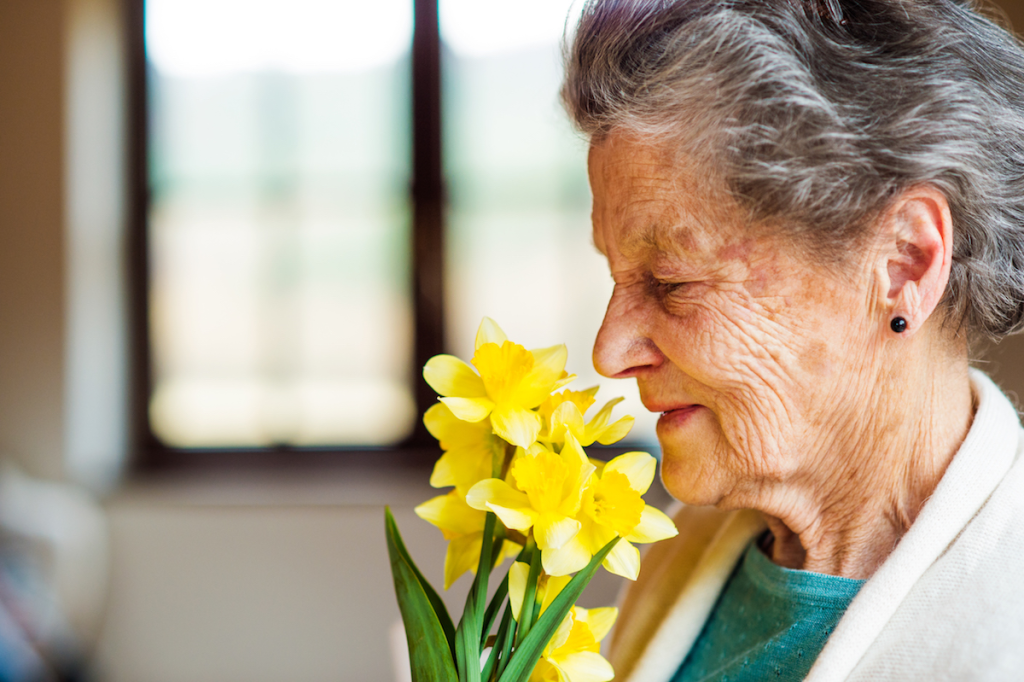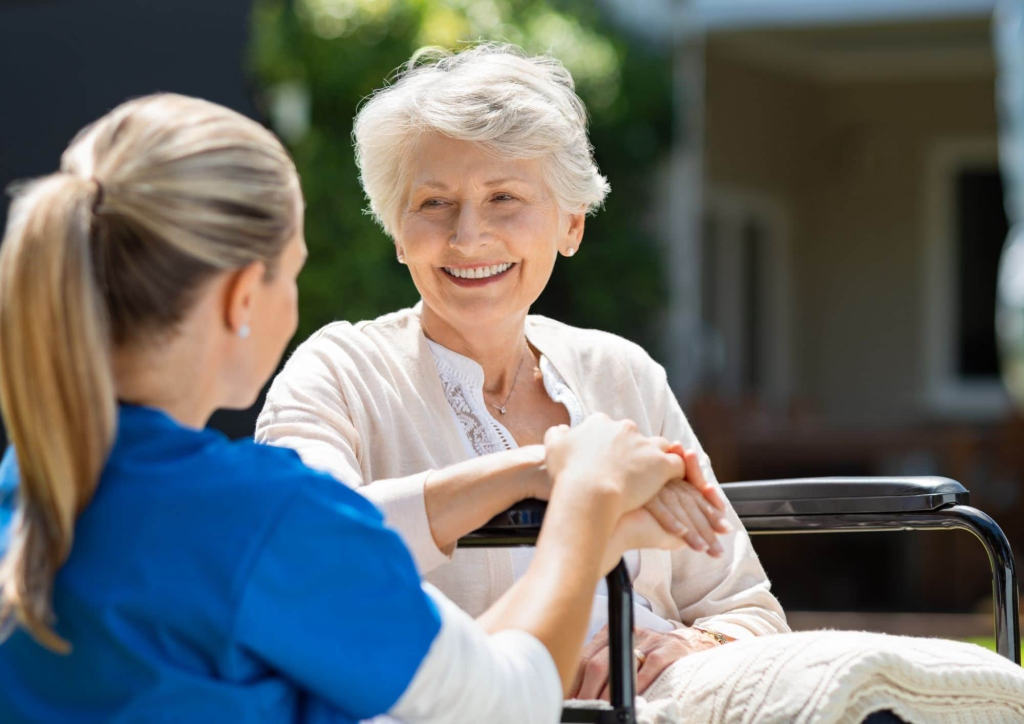Let’s be honest. You’ve walked into a room—maybe your grandparents’ house or a care home—and noticed that unmistakable smell. Kind of musty. Slightly oily. Not foul, but… different. It’s so recognizable that people casually call it “old person smell.” While the term isn’t exactly kind, it turns out this scent has a scientific explanation—and yes, you can do something about it.

The Real Culprit: What Causes the Smell?
That subtle scent isn’t about poor hygiene or lack of cleanliness. In fact, many older adults bathe regularly and keep their homes spotless. The root cause? A compound called 2-nonenal.
Here’s how it works: As we age, our bodies go through hormonal shifts. These changes affect how the skin works—specifically, how it produces and breaks down fatty acids. In younger people, antioxidants in the body help neutralize odors. But as antioxidant levels drop with age, those fatty acids oxidize, leading to the production of nonenal—and that’s the compound responsible for the distinct scent.
What’s more, nonenal is hard to wash off. It clings to skin and clothing, especially around the back, chest, and scalp areas. So even if you’re fresh out of the shower, that scent might still linger if you’re not treating it at the source.
Video: 99% of people don’t know the unpleasant odor specific to seniors— It’s The Real reason Seniors Smell
Why Some Spaces Amplify the Odor
Ever notice how the scent seems stronger in small or poorly ventilated spaces? That’s no coincidence. Confined areas like bedrooms, closets, or warm apartments can trap and intensify natural body odors—especially when laundry piles up or the air isn’t circulating.
Throw in dehydration, common in older adults, and it can get worse. Dry skin doesn’t just itch—it can also hold onto odor-causing compounds more stubbornly than hydrated skin. Add medications or illness to the mix, and the scent may become even more noticeable.
Nonenal Isn’t a Mystery—It’s Well-Documented
This isn’t just folklore passed down from one generation to the next. Back in 2001, a study published in the Journal of Investigative Dermatology confirmed that elderly participants had higher concentrations of nonenal in their clothing. Then in 2012, researchers found that humans may even detect age subconsciously through scent, much like animals do.
That might sound strange, but evolution is funny like that. Our brains are wired to pick up subtle cues—scent being one of them—to evaluate health, age, and even genetic compatibility.
Japan’s Got a Word for It—And a Solution

Leave it to Japan to get straight to the point. The Japanese call this natural scent “kareishu”, and it’s acknowledged openly in their culture. Instead of shaming it, they’ve gone the practical route: formulating products to deal with it directly.
From persimmon-infused body washes to deodorizing sprays and air purifiers, Japan leads the pack in neutralizing kareishu without harsh chemicals or artificial fragrances. One key ingredient they rely on? Persimmon extract, known for its ability to break down and neutralize nonenal at the skin level.
How You Can Minimize ‘Old Person Smell’ Naturally

The good news? You don’t need fancy lab-made products to fight back. Here’s what actually works:
1. Wash Clothes More Often
Nonenal clings to fabric just as stubbornly as it does to skin. Laundering frequently—especially undershirts, pajamas, and bedding—makes a noticeable difference.
2. Use Persimmon Soap or Citrus-Based Body Washes
These ingredients help break down oxidized oils on the skin. They’re gentle but effective, and they leave behind a light, natural scent.
3. Stay Hydrated and Eat More Antioxidants
Water isn’t just good for your organs—it keeps your skin moist and detoxified. Combine that with antioxidant-rich foods like berries, green tea, and leafy greens, and your skin will feel (and smell) fresher.
4. Air Out the House Daily
Video: Do Old People Really Have a Distinct Smell or Is It Just a Stereotype?
Video: Do Old People Really Have a Distinct Smell or Is It Just a Stereotype?
Open the windows. Let fresh air in. A little breeze goes a long way in clearing out trapped odors and refreshing the atmosphere.
5. Move Your Body More
Exercise gets your blood flowing, helps regulate hormones, and boosts your skin’s natural cleansing process through sweat. Whether it’s a walk around the block or some gentle yoga, activity matters.
6. Watch for Medication Side Effects
Some prescription drugs can alter your body chemistry in subtle ways—including how you smell. If you or someone you care for is taking multiple medications and experiencing strong body odor, it’s worth discussing with a doctor.
7. Choose Natural Fabrics
Clothes made from cotton, bamboo, or linen are more breathable and less likely to trap odor compared to synthetic materials like polyester.
Let’s Talk Compassion: Aging Isn’t a Punchline

While it’s easy to joke about “old person smell,” the truth is this scent is just a natural byproduct of aging. No one chooses it, and no one should feel ashamed of it. Just like wrinkles, gray hair, and laugh lines—it’s part of being human.
Instead of judging, we should offer support, share helpful tips, and encourage each other to stay active, hydrated, and well cared-for. Getting older isn’t a flaw. It’s a badge of experience.
Conclusion: The Smell Is Real—But So Is the Solution
So yes, “old person smell” exists. It’s tied to real science—namely, nonenal and its stubborn bond with skin and clothes. But here’s the empowering part: you can fight back with simple changes to your hygiene routine, diet, and lifestyle.
Whether it’s using persimmon soap, opening your windows, or just drinking more water, small steps make a big difference. And while aging brings its own set of challenges, it also brings wisdom, memories, and stories worth sharing.
So let’s age with grace—and a little less kareishu.


